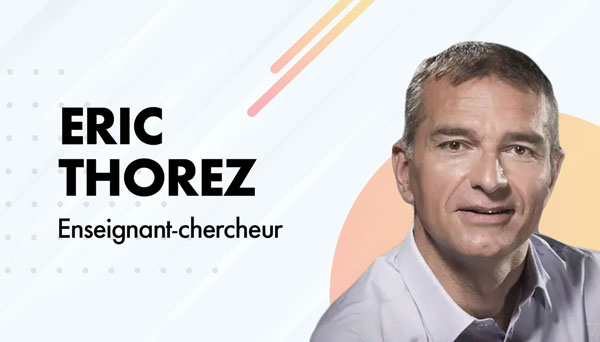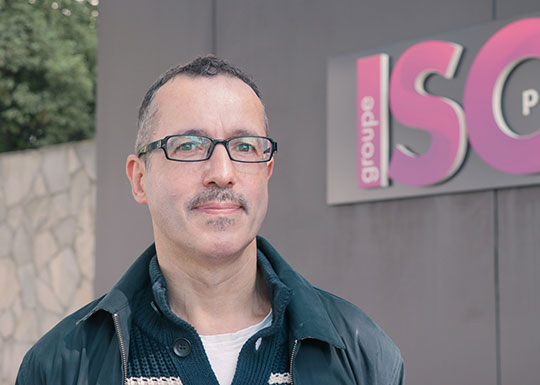

Enseignants et Recherche
Acquérir une capacité à découvrir et apprécier des contenus informatifs pour les transformer en savoirs fondés et opérationnels. Faire prendre conscience des changements que l’apprentissage produit sur soi-même, les autres et les interactions sociales d’un groupe.
Un personnage tout à la fois protéiforme en fonction de son interlocuteur et néanmoins stable dans ses directives. Le narrateur de « la Recherche du Temps Perdu » :
J’aimerais apprendre à mieux observer des situations et les mettre en perspective avec un champ de savoir (lien expérience/savoir).
J’aimerais mieux apprécier comment l’apprentissage me libère mais aussi me contrôle.
Jean Baudrillard (1968) Le Système des objets : la consommation des signes, Paris, éd. Gallimard.
Lu en 1986
Article long à rédiger :
Radu, Lefebvre, and Renaud Redien-Collot. 2013. “‘How to Do Things with Words’: The Discursive Dimension of Experiential Learning in Entrepreneurial Mentoring Dyads.” Journal of Small Business Management, 51 (3): 370–393.
entre 2006 et 2013
Article long à publier :
Daniel Hjorth, Professor Daniel Hjorth works with the Responsible and Sustainable Business Lab research centre, and with the Innovation, Digitization, Entrepreneurship and Operations (IDEO) research centre at Nottingham Business School.
Un auteur qui réalise un profond travail conceptuel de mise en lien de la pratique organisationnel et de la dynamique discursive sous toutes ses formes.
Laviolette, E. M., R. Redien-Collot, and A.-C. Teglborg. 2016. “Open Innovation from the inside:
Employee-driven Innovation in Support of Absorptive Capacity for Inbound Open Innovation.”
International Journal of Entrepreneurship and Innovation. 17 (4): 228–239.
Un article qui souligne combien on innove ensemble dans un contexte organisationnel pensé et préparé pour favoriser la participation et l’interaction. Cet article permet de limiter les fantasmes sur l’innovation en réseau et l’émergence d’un hyper-individualisme héroïque dans le champ de l’innovation.
Ecoféminisme et entrepreneuriat, pratiques et contextes entrepreneuriaux, économie de la paix, Afrique subsaharienne, Management stratégique responsable
« Knowledge is not an asset of the community, but rather an activity (a knowing), and an activity that itself constitutes the practice (‘knowing-in-practice). We propose reversing the emphasis between the two terms – from community of practice to practice of community. Stressed in the former case is that community constitutes the container of knowledge and the community pre-exists its activities. In the latter, it is the activities themselves that generate a community, in that they form the glue which holds together a configuration of people, artefacts and social relations. » Silvia Gherardi (2009), The critical power of the ‘Practice Lens’, Management Learning, 40 (2) : 115-128.